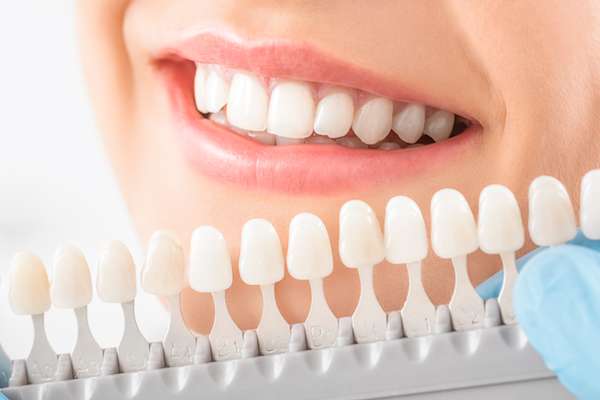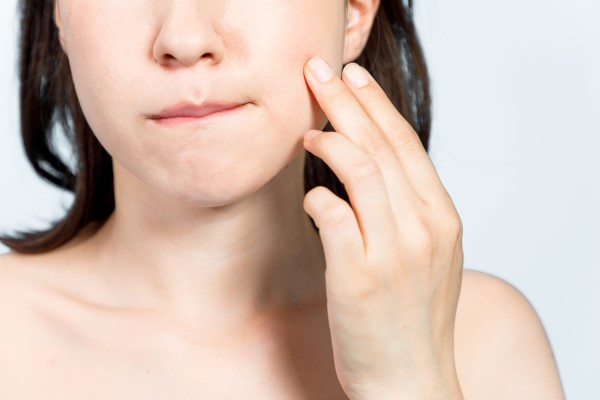How Long Do Veneers Last? Tips for Maintaining Your New Smile

Dental veneers are custom-fit shells made of porcelain or ceramic material. These restorations are easy to get, but you need to have the commitment to care for them. Knowing how long they last and how to maintain these restorations can help you prepare for a life of wearing these shells. Here are the details you must consider about dental veneers.
The longevity
The most popular material for veneers is porcelain. This substance is durable and lasting. It looks, feels, and functions like natural teeth. Porcelain veneers seal the front surface of the teeth. The shells provide an additional layer of protection.
Research shows that patients who care for their veneer-treated teeth can have these restorations for at least two decades. Maintaining them is necessary to keep them looking and functioning well. Porcelain is hard and smooth. It is also stain-resistant. Veneers may need replacements because of the following reasons:
- Chipping or breaking over time
- Gum recession
- Light staining or a brown line along the margin
- Bite changes due to decay, tooth loss, or enamel erosion
Composite veneers are made from a combination of glass and plastic particles. These restorations are less expensive than porcelain ones. Even so, these shells stain easily. They are also less durable.
Tips on how to maintain dental veneers
These custom-fit shells hide any damage or deep stain on the teeth. Each shell forms a strong seal to protect the tooth from further deterioration. Veneers can be a good investment for one’s oral health. The following are some tips to consider in caring well for these restorations:
Maintain good oral care. Brush at least twice a day with a soft-bristled toothbrush. Floss daily and use an antibacterial mouthwash.
Choose the right types of food. Stay away from chewy, sticky, or hard foods. They can damage or dislodge the veneers. Hot and cold foods can worsen the sensitivity in the treated teeth. Practice this careful eating for the first week after getting the shells. Brush right away after eating.
Increase water intake. Doing so will maintain the mouth’s hydration. Water can also flush away food particles and buffer bacterial acids. Stay away from alcohol and sweets to avoid dehydration.
Stop tobacco consumption. Tobacco can cause tooth loss, discoloration, and gum disease. This substance can also make it difficult to attach the shells. Tobacco consumption should stop months before the treatment. Getting dental veneers is a lifetime commitment.
Keep the follow-up dental appointments. Practicing good oral care at home is necessary to maintain the good condition of the veneers. Seeing the dentist can help keep them in top condition as well. The dentist can perform regular professional dental cleanings and check the treated teeth.
See the dentist immediately if the veneers need repairs or replacements. A small chip often needs a quick repair with some bonding material. The dentist will replace the shells if the damage is severe.
Dental veneers can enhance your smile for years with proper care and maintenance
Veneers can correct dental damage, misalignment, and staining. The dentist will explain how to take care of them when the treatment is over. Having these restorations will need your commitment. Working with your general dentist can help keep your dental veneers in great shape for many years.
Request an appointment here: https://www.smilesforlifedentalgroup.com or call Smiles for Life Dental Group at (408) 241-6501 for an appointment in our Santa Clara office.
Check out what others are saying about our dental services on Yelp: Veneers in Santa Clara, CA.
Recent Posts
Getting veneers is a quick way to revitalize your teeth. These dental restorations can improve your appearance. This results in a higher level of self-esteem. You can learn more about these restorations with the help of your dentist. Here are some questions that you can ask during your consultation before getting your veneers.Most individuals do…
Dental veneers are used for cosmetic and restorative fixes, as they serve many purposes, ranging from lengthening a short tooth to covering up a crack. These thin coverings are color-matched to the patient's teeth, which keeps them natural-looking. However, while natural-looking and versatile, many people are nonetheless curious as to whether or not dental veneers…
A cosmetic dentist can bring back your stunning smile. The right treatment can even help improve your dental health. Knowing your options can help you prepare for your next appointment. Here are three popular cosmetic dentist services that you should consider.Gum disease can destroy soft tissue and jawbone. This can lead to chronic diseases or…
Learn more about cosmetic dentistry now, as many cosmetic services not only improve one’s smile but they also improve the ability of one’s teeth to function better. According to the American Academy of Cosmetic Dentistry, cosmetic dentistry is a practice that aims to create positive changes in your teeth and smile. Ready to learn more?Understanding…


